Shankar Mahadevan- A man who is way passionate about music, a man who is musical within himself, and makes the heart pound of millions with his tune and magical voice. Shankar Mahadevan is a singer and composer from India. He is a well-known musician in Tamil cinema and a member of the Shankar Ehsaan Loy trio, which composes the music for Bollywood movies. In his early years, he studied Carnatic and Indian Classical music, and at the age of five, he began playing the veena. In Shrinivas Khale's first song featuring Bhimsen Joshi and Lata Mangeshkar together, he played the Veena.
He collaborated with A. R. Rahman in the Chennai cinema music industry and won his first award as a playback vocalist for his song in Kandukondain Kandukondain. He was a well-known star in the Kodambakkam cinema business and later became more well-known by releasing his debut studio album, Breathless. Additionally, Shankar Mahadevan contributed vocals to several Remember Shakti pieces that also featured master musicians Zakir Hussain (musician), John McLaughlin, U. Srinivas, and Selvaganesh Vinayakram.
Here are some of the most influential songs by Sharkar Mahadevan that has a hold on the Indian audience as well as the global listeners. If you truly love music and want to listen to some amazing tracks or explore unique and out-of-the-box music concerning covering various genres you should add these Shankar Mahadevan songs to your list.
Also, get a personalised celebrity shoutout from Shankar Mahadevan himself! You can request him to sing one of his songs (your favourite songs) in a few simple steps. Book a personalised message from Shankar Mahadevan and make someone’s or your day special. Click here to know more. #JustTringIt
1. Breathless
Indian singer-composer Shankar Mahadevan's 1998 Indi-pop album, Breathless, with lyrics by Javed Akhtar. Mahadevan's initial fame came from the album. Without a break, stanza, verse, or ostensibly even a pause for breath, the title track, Breathless, is a continuous stream of a song. The 'breathless' section of the song lasts for roughly three minutes. The music album was a great hit, selling over 300,000 copies and dominating India's top music charts for approximately ten weeks straight. Mahadevan created the album in association with renowned Indian music industry lyricist Akhtar. Model Renu Desai starred in the Breathless music video by Shankar Mahadevan. At the 1998 Screen Awards, the album was recognised as the Best Non-Film Album.
2. Kal Ho Naa Ho
Kal Ho Naa Ho comes from the Indian romantic drama movie of the same name. Shankar-Ehsaan-Loy composed the song, while Javed Akhtar wrote the lyrics. The song was chosen as one of Outlook's Timeless Melodies by Bollywood, making it the only modern choice on the list. In this song, Aman (Shah Rukh Khan) romanticises Naina (Priety Zinta) as if he were Rohit (Saif Ali Khan), emphasizing the uncertainty of life and the importance of living it to the fullest. After its release, it gained popularity immediately. Shankar, Ehsaan, and Loy subsequently admitted in the documentary Pancham unmixed that the music of the song's portion har pal yahaan was influenced by R.D. Burman's compositions.
3. Shiv Tandav Stotram
Shankar Mahadevan and Shailesh Dani perform the Sanskrit song Shiv Tandav Stotram. 2016 saw the release of the song Shiv Tandav Stotram from the album of the same name. The song lasts for 9:13 in total. The Shiv Tandav Stotram's narrative starts on the day that Ravana attempted to carry Lord Shiva to Sri Lanka by lifting the Kailash mountain in his hand. Lord Shiva consequently pressed his toe, breaking Ravana's fingers in the process. Ravana wept in agony. To avoid Lord Shiva's anger, Ravana sang a hymn that became known as the well-known Shiva Tandav Stotram.
4. Mitwa
From the 2006 Hindi film Kabhi Alvida Naa Kehna, directed by Karan Johar and starring Shah Rukh Khan, Rani Mukerji, Abhishek Bachchan, Preity Zinta, Amitabh Bachchan, and Kirron Kher, comes the well-known Hindi song Mitwa. Shankar-Ehsaan-Loy composed the song, while Javed Akhtar wrote the lyrics. Shafqat Amanat Ali, a well-known vocalist from Pakistan, performed it.
After hearing the Pakistani singer Shafqat Amanat Ali's song Aankhon Ke Saagar on the radio and being moved by his singing, Shankar Mahadevan learned more about him through a friend who worked at the radio station. Mitwa was written by Shankar-Ehsaan-Loy, who decided to use Ali rather than Mahadevan himself since they wanted the song to sound different. The song is the first of its sort in a Karan Johar movie and is a Sufi rock ballad. Mahadevan played the Santoor and Sarod, two classic Indian instruments, in the trio.
5. Ishq Di Bajiyaan
The song, Ishq Di Baajiyaan, portrays a romantic subplot between Diljit Dosanjh and Taapsee Pannu, who play the lead. The song is performed by Diljit and was penned by renowned lyricist Gulzar. The soundtrack has been composed by Shankar Ehsaan Loy.
6. Dil Chahta Hai
The soundtrack to Farhan Akhtar's 2001 Hindi film Dil Chahta Hai, in which Aamir Khan, Saif Ali Khan, and Akshaye Khanna appear, is titled Dil Chahta Hai. Since its debut, the song has garnered a great deal of praise from critics and is regarded as a turning point in the development of Bollywood cinema music. It was listed among the Top 40 Soundtracks of All Time by the BBC Asian Network. The tracks were finalised in Khandala by Shankar-Ehsaan-Loy, Farhan Akhtar, Javed Akhtar, and Ritesh Sidhwani in just three and a half days. When they returned, they made a studio reservation and finished the recording in three weeks. Along with these instruments, they have also used the flute, tabla, dholak, and kanjira.
7. Gallan Goodiyan
To capture the true feeling of a family enjoying dancing and having a good time together, the song Gallan Goodiyaan was shot in one take. Before the take, the stars practised a lot, and it required careful planning to get it right. Even the title track's opening and closing moments were shot in one continuous take. Parts of Gallan Goodiyaan are sung by Farhan. Yashita Sharma, Manish Kumar Tipu, Shankar Mahadevan, and Sukhwinder Singh are some additional singers.
8. Koi Kahe Kehta Rahe
Although it was the first Hindi-language film on friendship to be released, Dil Chahta Hai. However, it was exceptional in how it handled the companionship, madness, and emotional turmoil that characterises our adolescence. The first song in the movie, Koi Kahe, brought together Shankar Mahadevan, Shaan, and KK for the first time while capturing the naiveté and abandonment of our youth. It's a picture of a time when we don't let the harsh truths depress us and honestly believe the world is our oyster.
A record created by musician Shankar-Ehsaan-Loy and lyricist Javed Akhtar gave the audience a sense of adventure that is shared by all 20-year-olds while still preserving the distinctive rhythms that made each of the three leads - Sid, Sameer, and Aakash.
9. Noor-e-Khuda
Songs with religious themes generally don't have particularly inventive melodies because this genre doesn't encourage much originality. But the song Noor-e-Khuda was gorgeously written by Shankar-Ehsaan-Loy and is an appeal to God. Shankar Mahadevan's voice may be heard singing an alaap as the song begins. Adnan Sami takes over as the song's main verse starts, while the Noor-e-Khuda refrain continues in the background, adding harmony to the song. The nicest portion of the song is the second stanza, when Shreya Ghoshal enters, humming her way. Another surprise is that this section's tune is different, which gives the song more variation.
10. Dilbaro
A soon-to-be-married daughter describes the agony of leaving her father's home to live with her husband in the gorgeous song Dilbaro written by Gulzar. The video for the song was shot while Alia Bhatt, aka Sehmat, was getting married to a Pakistani officer. The newlywed is devastated and anxious about leaving her father's home and her own country.
While Sehmat and Vicky Kaushal's Iqbal Syed exchange wedding vows, the song is playing in the background. The new song Dilbaro from Raazi, which was written by Shankar Ehsaan Loy, will appeal to all the women who have left their parent's homes to begin a new life with their husbands. With their vocal contributions, Harshdeep Kaur, Vibha Saraf, and Shankar Mahadevan give this well-written song appeal.
![birthday occasion]() Birthday Gifts
Birthday Gifts
![anniversary occasion]() Anniversary Gifts
Anniversary Gifts
![women]() Women
Women
![men]() Men
Men
![Couples]() Couples
Couples
![Couples]() Wedding Gifts
Wedding Gifts

 Birthday Gifts
Birthday Gifts
 Women
Women
 Men
Men
 Anniversary Gifts
Anniversary Gifts
 Wedding Gifts
Wedding Gifts
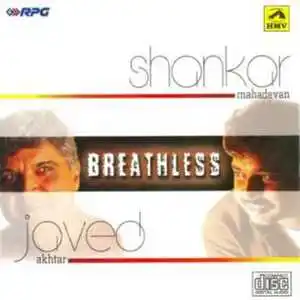
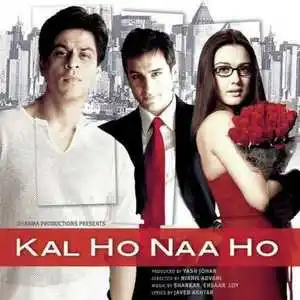

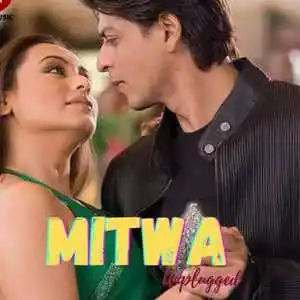
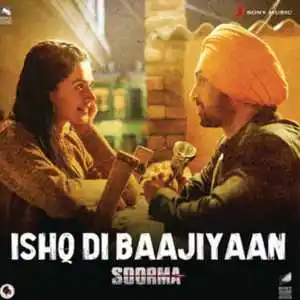
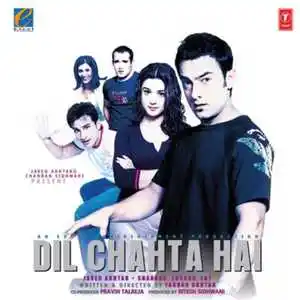
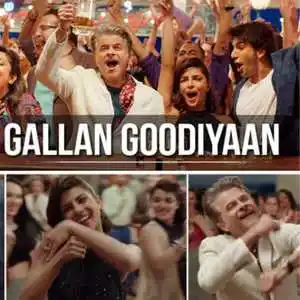
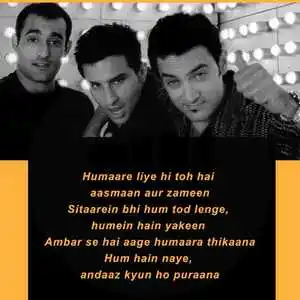
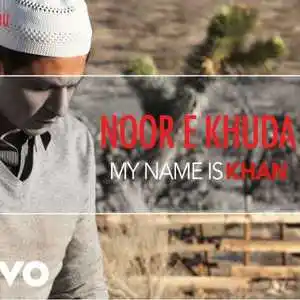
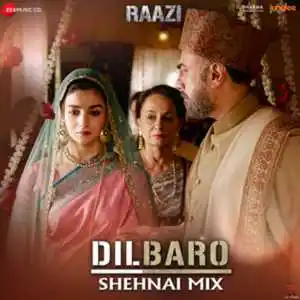
 We now support international payments
We now support international payments
